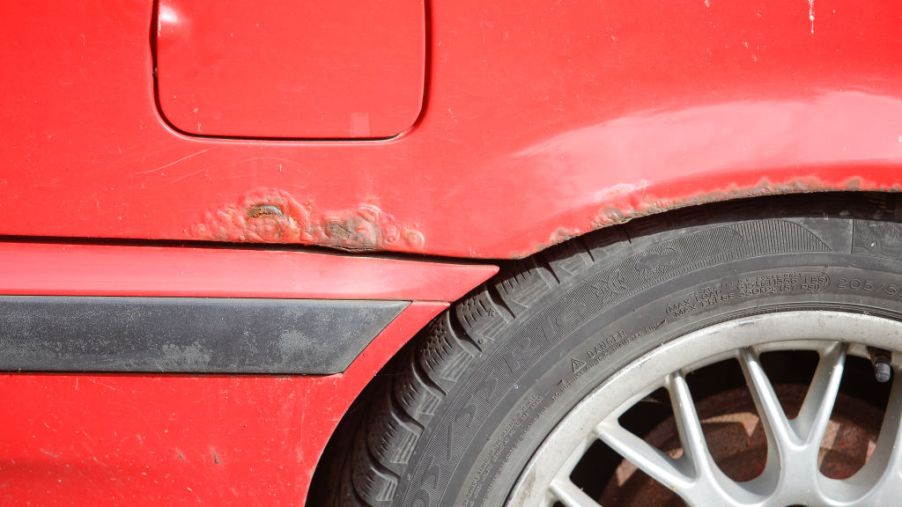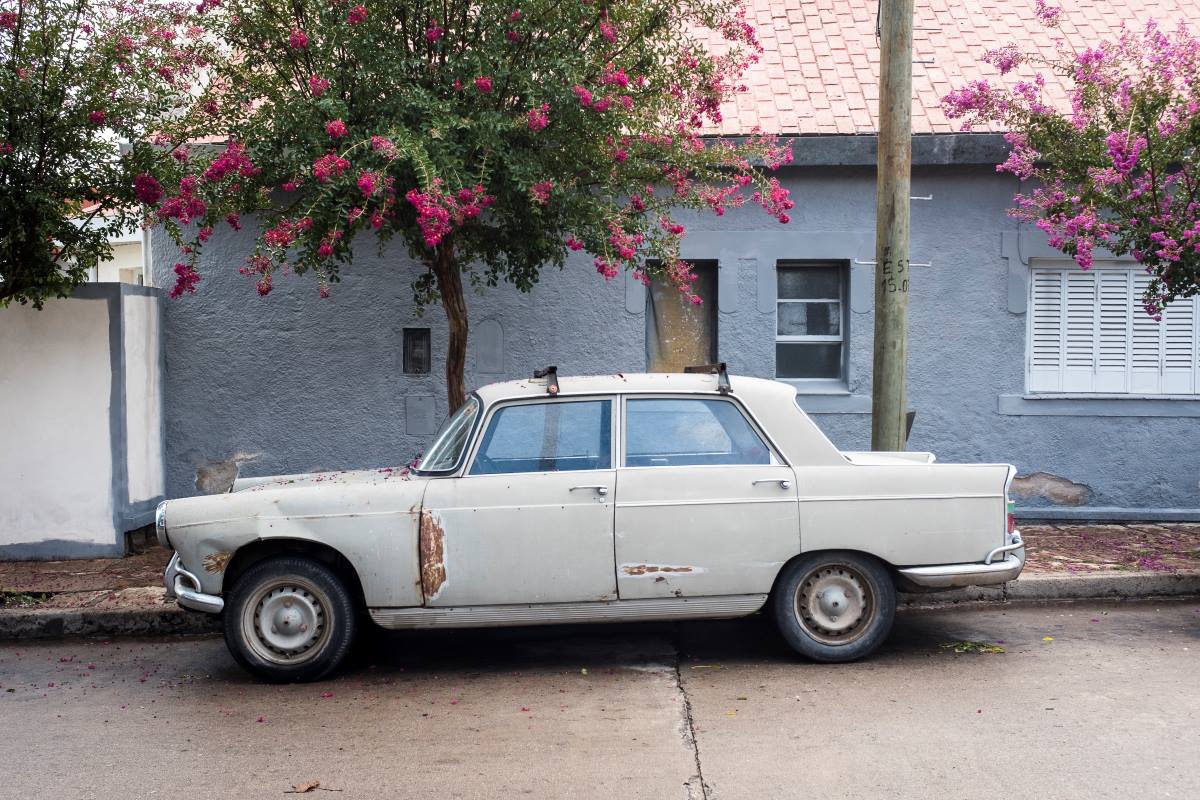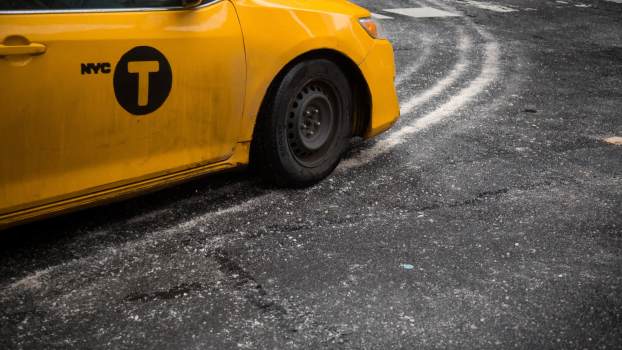
5 Surprising Things You Probably Don’t Know About Rust on Your Car
Rust is the bane of many drivers, especially if you own classic cars. It’s like there’s a giant sign on your car that screams “old.” Rust is often a sign your car may need a little TLC, but do you know exactly what to do when you see that it on your automobile? Here are five facts about rust to help you prevent and treat it.
Rustproofing isn’t a permanent solution

Rustproofing a car is possible, but it isn’t easy, nor is it permanent. The question then becomes when and how often should you rustproof your car? If done correctly, rust proofing should last for at least two years. You don’t have to wait for a certain season to rust proof. While it’s a good idea to undercoat your car before the first snowfall, you can take care of it whenever you buy the car, be it spring, summer, or fall.
If you’re going to purchase a new car, don’t let the sales associate convince you to spend extra on rust-proofing. Dealerships often overcharge for such services, and their proprietary rustproofing isn’t up to the task of salt-covered roads like FluidFilm and other aftermarket solutions. Otherwise, the sooner into your car’s life you apply rustproofing, the better.
Will keeping my car in a garage prevent rust?
Unfortunately, no. To understand how this happens, you need to know a little about how rust develops. How Stuff Works states, “Because rust only needs an anode, cathode, and electrolyte to form, cars are susceptible to it. The metal in your car can act as the anode and cathode. Water is an electrolyte.”
While water won’t touch your vehicle when it’s safely sheltered in your garage, driving in the rain will obviously get it wet. It’s also unprotected from the elements when you park in an area that lacks a parking garage. If you live in a region prone to lots of rain, and you park outdoors, your car may be regularly exposed to the elements.
Sometimes, a garage can even make rust worse. By trapping in humidity and heat, an enclosed garage can sometimes accelerate the effects of rust. Obviously winter isn’t the time to park outside, but as often as you can, fresh air and sunlight can allow your car to dry faster than when it is parked inside.
You can repair rust on your car
While there may be many naysayers, your car is not beyond redemption if it has a rust stain. As long as rust hasn’t perforated the panel, rust is both treatable and preventable. You may want a professional to take a look at it, as treatment options depend on the rust’s severity. The most important thing is not to wait. Like most car repairs, it will only cost you more in the long run.
Does washing my car too often cause rust?
Your car picks up a lot of dirt and grime from the roadways, especially in the winter when roads are salted. According to the DMV, “Road salt, while helpful for safer driving, can cause rust and corrosion on your vehicle. Since your vehicle’s undercarriage is completely exposed, this is the area most at risk from deterioration from road salt.”
Washing your car often in the winter will remove the salt. Any water residue will most likely dry before it has time to set and cause rust. And unless you’re worried about wax residue, there is no such thing as washing your car too often, especially in winter.
Can I rustproof my car at home?
Yes. Professionals will obviously tell you they’re the only ones who can do it properly, but anyone can rust-proof a vehicle. DetailXPerts reports, “There is a DIY rustproofing kit for virtually every make, model, and size vehicle you can think of. Buying the right package ensures that you have just enough to treat your entire vehicle sufficiently.”
If you don’t have the time to rust proof it yourself, or would rather spend the extra money to have a specialist do it, that’s always an option as well.
Take care of rust as soon as possible!
Regardless of the age of your vehicle, any rust is cause for concern. If you see any rust spots on your car, get it taken care of ASAP! Rust only gets worse without care, so be sure you take care of your rust issue before you end up shopping for a new car.




